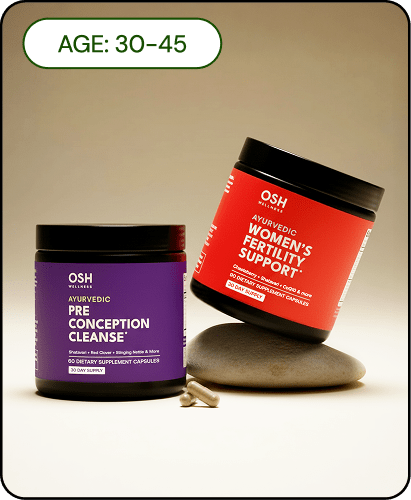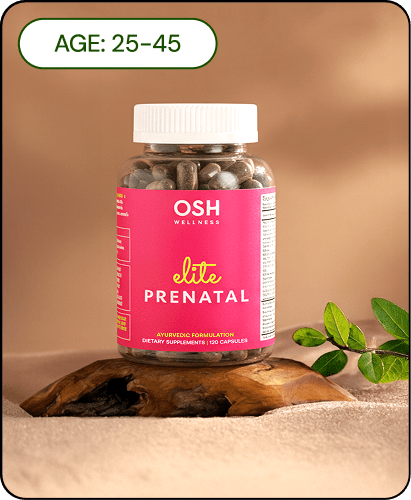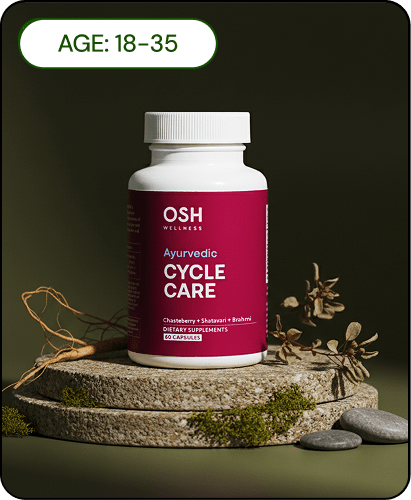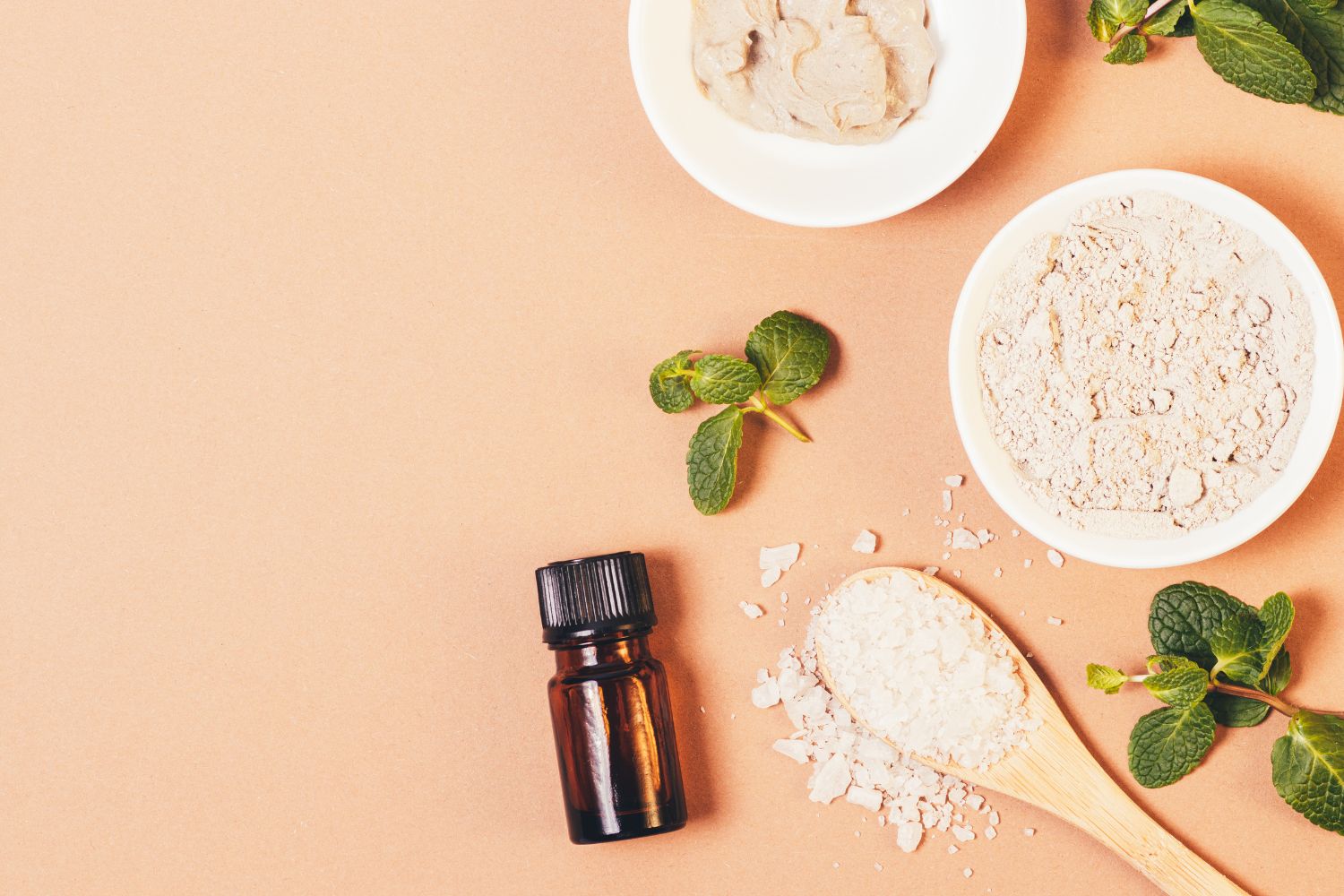There is a lot that must occur for conception to happen. You likely know that an egg needs to be fertilized by sperm and implanted into the uterus, where it can grow and develop into a baby. However, have you ever thought about what happens before the egg and sperm meet? Necessary processes must take place in both the male and the female. Sperm must mature, and the egg needs to develop and mature as well.
All of these processes are sensitive to oxidative damage. When there is an imbalance in your body of harmful free radicals and the antioxidants that protect against them, oxidative stress can impact your cells, including those essential to conception.
Thankfully, some substances can help return your body to balance, improving antioxidant levels and fighting off oxidative damage. One of the best is Coenzyme Q10.
What is Coenzyme Q10?
More commonly known as CoQ10, this enzyme is naturally produced in your body. As such, this biomolecule can be found in every cell in your body. In its natural state, it shifts between ubiquinone and ubiquinol.
Ubiquinol is the active form, while ubiquinone is the oxidized form. As we age, our body doesn't shift the state of the molecules as efficiently. Changing inactive ubiquinone to active ubiquinol becomes more difficult. The molecules will continue to shift back and forth between these states in your body. Still, supplemental CoQ10 often only exists in one form. Some research has shown that ubiquinol may be more readily absorbed by the body, especially as conversion becomes more challenging with age. However, no studies have been entirely conclusive.
In either form, CoQ10 is a powerful tool against oxidative stress. It helps your cells produce more energy, enabling them to fight off free radicals better. It works as an antioxidant, protecting cells. Because of its excellent ability to protect cells and improve their function, CoQ10 is commonly used to support fertility, improve heart health, and benefit overall wellness.

Coenzyme Q10 for Fertility
CoQ10 fertility benefits are thought to be the result of the molecule's protective properties and ability to enhance cell function.
Sperm and egg production requires a significant amount of cellular energy. CoQ10 may be able to boost cellular function as an essential part of the electron transport chain. Once developed, sperm and egg cells must continue to mature. In this stage, they are susceptible to oxidative damage.
An incorrectly developed sperm or egg cell may not be able to mature enough for conception. Those that do mature could result in unviable embryos. The protection of sperm and eggs is one of the most valuable CoQ10 benefits for fertility.
CoQ10 and Female Fertility
CoQ10 benefits for fertility in females are strongly linked to egg quality. A woman is born with around six million eggs. By the time she reaches puberty, she will only have approximately 300,000 to 400,000. Why? Because around 10,000 die each month prior to puberty.
The cycle goes on as you age. After puberty, only 1,000 eggs die each month, but the number of mature eggs continues to decrease. At the age of forty, a woman will typically have only 10% of the number of eggs she began life with. When menopause occurs, most women have fewer than 100 eggs.
For this reason, a woman's fertility tends to decrease as she ages. Your fertility declines because it is directly tied to how many eggs you have and the quality of those eggs. While you will permanently lose eggs naturally as you get older, the decrease in your egg quality doesn't have to be a given.
It's important to realize that Coenzyme Q10 does tend to go down as you age. Lower levels of CoQ10 have correlated to oocyte quality deficits and a part of your natural fertility decline with age, found one study. But the same study found that CoQ10 supplementation had fertility benefits, helping to slow and even reverse the decline of oocyte quantity and quality typical of aging women.
However, you don't have to be an older woman to benefit from CoQ10 benefits. Younger women may see improved quantity and quality of their eggs when supplementing with coenzyme q10.
Coenzyme Q10 Male Fertility Benefits
Similar to eggs, sperm as susceptible to damage that can decrease their quality. When trying to conceive, there are various important factors concerning sperm.
CoQ10 for male fertility in sperm morphology is linked to quality. Morphology is the size and shape of the sperm. Sperm with too small or large of a head or tail often won't be able to fertilize an egg. In most cases, abnormalities can impair their swimming ability, preventing them from ever even meeting the egg.
A sperm's ability to swim is known referred to as motility, which is whether or not the sperm move the right way. Other concerns include:
Sperm count: How many sperm are present in a semen sample.
Sperm concentration: sometimes referred to as density, how many sperm are found in each millimeter of semen.
Sperm DNA fragmentation: issues, changes, or breaks in one or both of the DNA strands of the chromosomes found within the sperm.
There are normal parameters for men in each of these categories, and CoQ10 can help with just about all of them.
The supplement's antioxidant qualities have been found to help with sperm motility. Supplementation resulted in a greater number of rapidly mobile sperm and reduced the number of slow-swimming sperm and non-motile sperm.
The count and concentration of sperm in semen were also improved after male study participants took CoQ10. Total sperm count increased by over 50% after men took CoQ10 for six months. This improvement in sperm concentration and count can improve the likelihood that sperm will meet the egg, resulting in conception.
If a sperm is missing a head or tail, has a misshapen head, or even two heads, it makes it highly unlikely that it will be able to swim or fertilize an egg. Poor sperm shape, or morphology, is thought to result from too much heat, exposure to environmental chemicals, or genetic causes. Supplementing with CoQ10 can help protect sperm against a few of these factors, namely damaging oxidative stress.
One study found a modest improvement in morphology after men were supplemented with CoQ10, showing improved morphology rates near 25%. The factors mentioned above, especially things like smoking and pollutants, can harm the inside of sperm, affecting its DNA. Oxidative stress is particularly harmful to sperm, causing DNA fragmentation in some cases.
Again, Coenzyme Q10's powerful antioxidant capabilities were able to reduce sperm DNA fragmentation levels by neutralizing free radicals from oxidative stress. One study showed improvement after only six months of supplementation with CoQ10.
CoQ10 is particularly beneficial to sperm health, no matter a man's age.

How Much CoQ10 for Fertility?
CoQ10 is produced naturally in your body and the body of animals. Therefore, most of us do get some CoQ10 from our diet. Eating meat usually results in around 3 to 6 mg of coenzyme Q10 daily. However, fertility experts often advise supplementing with 100-600mg of CoQ10 on a daily basis.
That being said, it is always important to consult with your doctor before taking any supplements. As every individual's natural level of nutrients varies, the amount of supplementation necessary can change from person to person.
The Best Coenzyme Q10 for Fertility
Whether you want to take stand-alone CoQ10 or take it as part of a complete supplement is a personal decision.
A stand-alone CoQ10 supplement may help improve antioxidant levels and cellular function in both men and women. However, you can also take it as part of a complete supplement.
Many fertility aids include CoQ10 as part of their powerful blend, including both Osh Wellness Men's Fertility Support and Women's Fertility Support. Coenzyme Q10 is found among other ingredients that can support a couple who is trying to conceive.
Powerful adaptogens like Ashwagandha help to reduce stress, improve mood, and promote restful sleep. Shatavari and moringa are rich in nutrients that support reproduction while helping to improve libido. Hormonal balance is also essential for men and women who can benefit from cycle regularity. Many of the ingredients in our Fertility Formulas, like Chaste Tree Berry and Gokshura, are fantastic at helping to normalize ovulation and promote healthy phase lengths in a women's cycle by way of hormone support.
All of these benefits, alongside beneficial CoQ10 and contained in an easy-to-swallow capsule.
Side Effects of CoQ10
Usually, coenzyme Q10 produces very few side effects. Symptoms that may occur are often mild. In most cases, side effects are related to digestive issues, including loss of appetite, diarrhea, nausea, and upper abdominal pain.
Other side effects may include:
Headaches
Fatigue
Itching, rashes, or irritation
Agitation
Doctors advise that you shouldn't use CoQ10 if you are taking anticoagulants as there can be possible interactions with CoQ10 making these blood thinners less effective.
Can I Take CoQ10 While Pregnant?
Like many supplements, the safety of CoQ10 in pregnant or breastfeeding women hasn't been established. For this reason, you shouldn't start taking CoQ10 if you are pregnant or breastfeeding. Talk to your doctor before starting coenzyme Q10 supplementation.
Takeaway
There are many benefits of CoQ10 for fertility, for both men and women. As a strong antioxidant, coenzyme Q10 can help protect both sperm and egg cells while they are developing and maturing. Additionally, the supplement is believed to improve cell energy and function, helping to support the processes necessary for creating quality eggs and sperm.
While you can take CoQ10 as a stand-alone supplement, CoQ10 and fertility herbs can be combined into a nourishing and supportive supplement, such as Osh Wellness Fertility Support With CoQ10. This can offer a holistic and well-rounded approach to fertility, possibly improving a couple's chances of conception.








